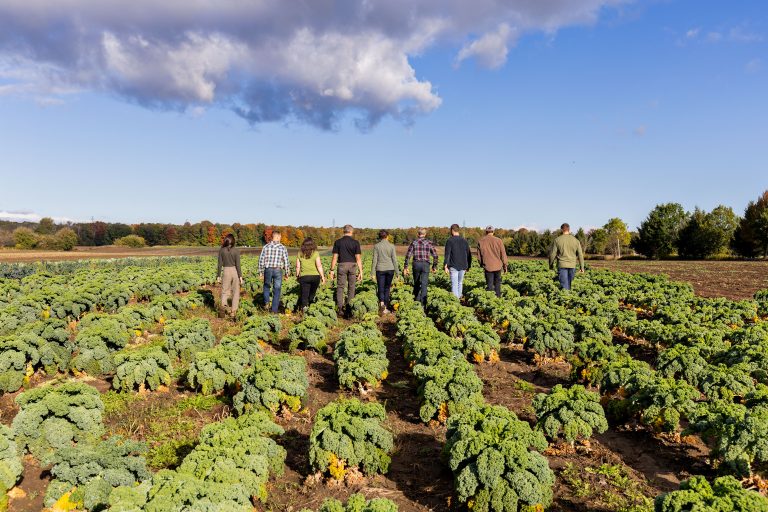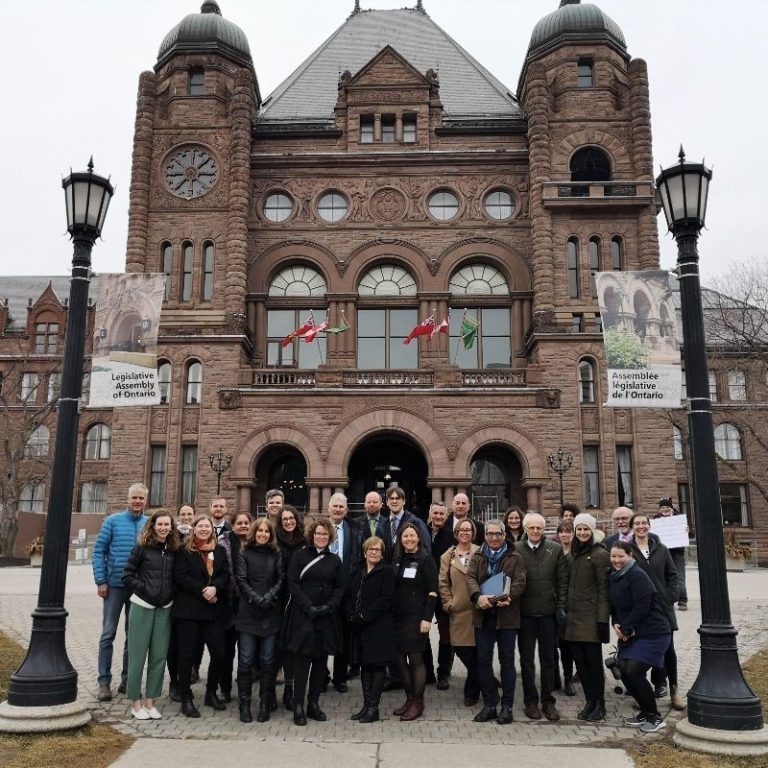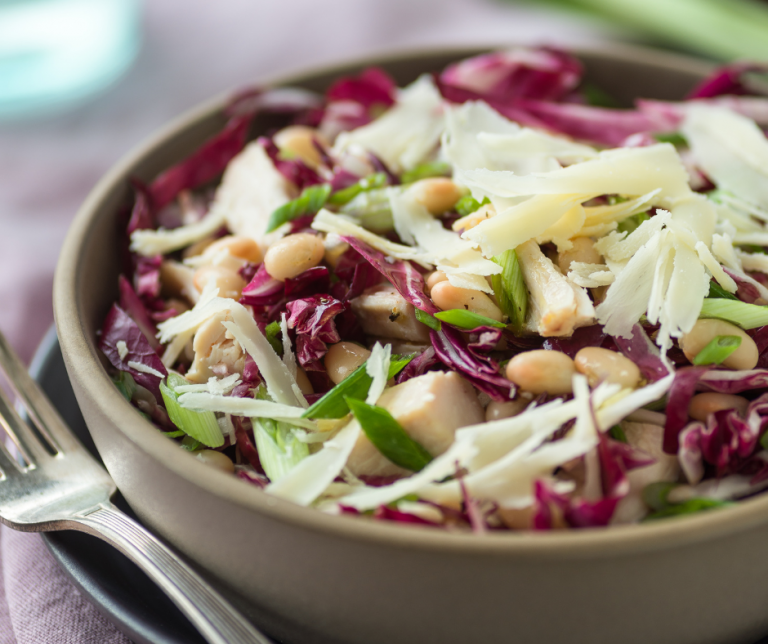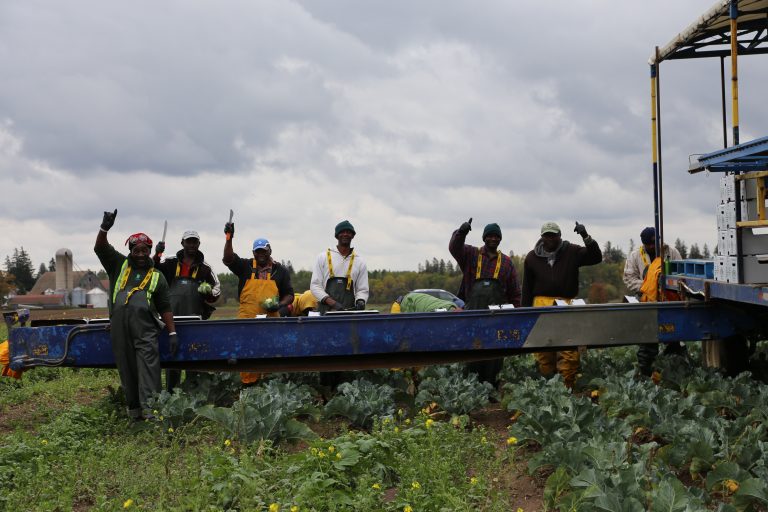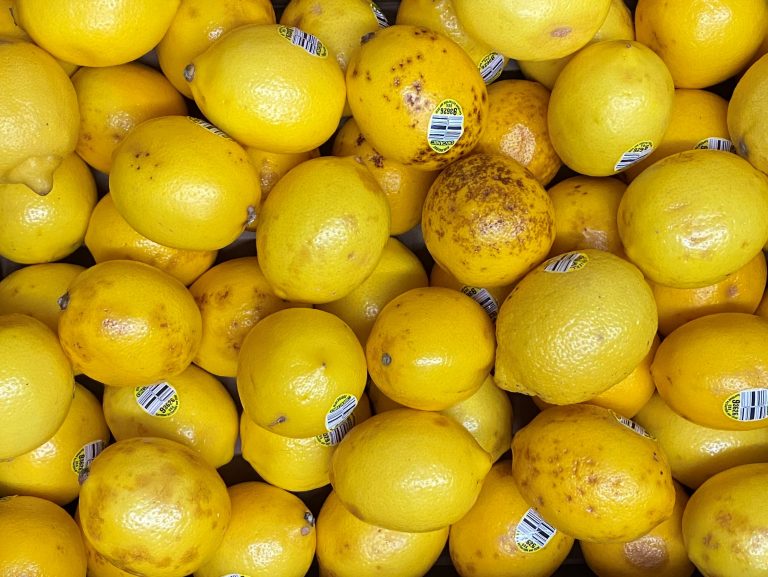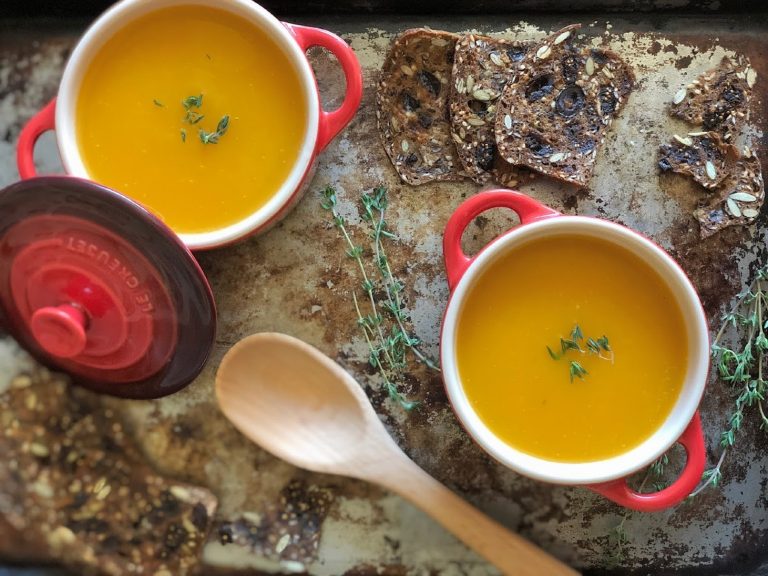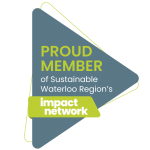Intro: Why Organic?
2021 marks the 40th anniversary of the Pfenning family’s arrival in Canada in 1981 – and we’ve been growing organically here ever since! To understand why the organic path was chosen, we must go back to Germany at the beginning of the chemical revolution in agriculture. Just a young man at the time, Wilhelm Pfenning (father of Wolfgang and Ekk Pfenning, who run the farm today) embraced the new ways as eagerly as everyone else. The benefits seemed clear – less back-breaking work dealing with weeds and other pests, which would result in greater yields and efficiencies. However, Wilhelm noticed that after this approach was adopted, his health suffered. He linked the deterioration in his health to the agri-chemicals they had adopted, and started to question what that meant for the food they were growing. Much research followed, as well as consultation with other like-minded farmers. He reverted back to organic principles, despite mockery from some neighbours who thought he was foolish and old-fashioned. The Pfenning family never looked back and are farming organically to this day.
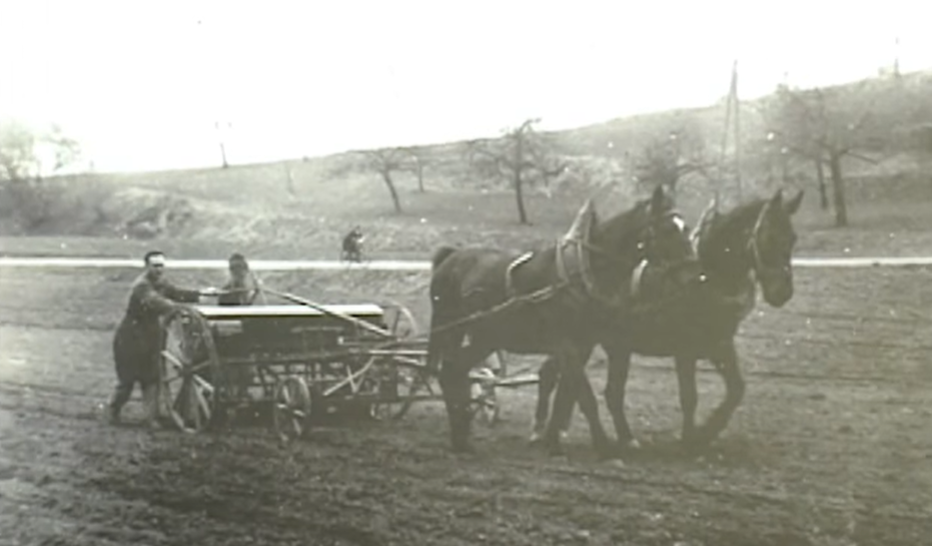
Before the chemical revolution, organic farming was simply “farming.” Afterwards, organic farmers needed to differentiate themselves and define their guiding principles. These were painstakingly developed over time, and today all organic policies and procedures come back to the following:
Principles of Organic Agriculture:
Principle of Health. Organic agriculture should sustain and enhance the health of soil, plant, animal, human and planet as one and indivisible.
Principle of Ecology. Organic agriculture should be based on living ecological systems and cycles, work with them, emulate them and help sustain them.
Principle of Fairness. Organic agriculture should build on relationships that ensure fairness with regard to the common environment and life opportunities.
Principle of Care. Organic agriculture should be managed in a precautionary and responsible manner to protect the health and well-being of current and future generations and the environment.
https://www.ifoam.bio/why-organic/shaping-agriculture/four-principles-organic
Holding fast to these values meant that in order to stay competitive, organic farmers needed to find more efficient ways to manage the never-ending challenges around pest management. All of this continues to evolve to this day. Moving forward and seeking improvements is a journey that has no end.
Why Certified Organic?
Integrity, transparency, accountability – these are all values we hold dear. But how can a consumer with no direct knowledge of our farm and processes know we are telling the truth? After all, anyone can use the term “organic” as a way to market their products.
Currently in Ontario a product that does not cross provincial or national borders may use the organic claim without penalty (but only certified organic products may bear the organic logo). 6 other provinces have adopted provincial regulations to prevent the term organic from being used to market products that have not met organic certification requirements. The Organic Council of Ontario (OCO) has been working to gain support from the Ontario government for a provincial organic regulation. There are many reasons why adopting an Ontario Organic Regulation matters – from supporting the integrity of the organic brand, to protecting organic producers’ investments into organic systems, and more. Visit the OCO website to find out how you can help. Pfenning’s participates in a voluntary program collecting and remitting to the Organic Council of Ontario a 0.01% fee on sales to support the important work they do for the Ontario Organic industry.
Certification by an outside party provides assurance to consumers that we are doing what we claim. This way, consumers don’t have to take our word for it – we can provide proof. Check your products for “certified by” followed by a credible certifying body. If you see this you can have confidence that the grower/producer/manufacturer has met the criteria and is truly organic.
Our certification is through Pro-Cert, and you can view it here. There are many other certifying bodies as well (a list is provided below for your reference).
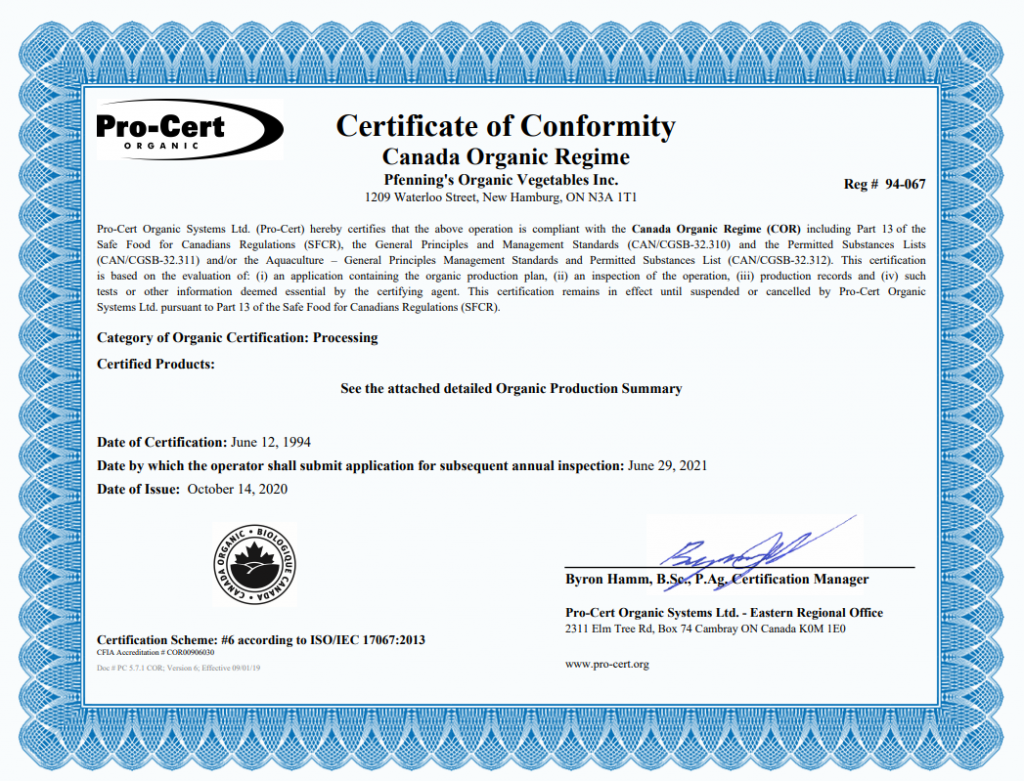
Organic Inspections: What’s Involved
Behind every organic certificate is a slew of detailed record-keeping, and a yearly inspection. These inspections are conducted by a representative from Pro Cert, and take up the better part of an entire day or two. The inspector visits our fields to make sure there are sufficient buffer zones between our fields and neighbouring conventional ones. These buffer zones are important in reducing the risk that our fields are contaminated by any spray drift from our neighbours. Also, any field treatments are discussed (compost, cover crops, etc.).
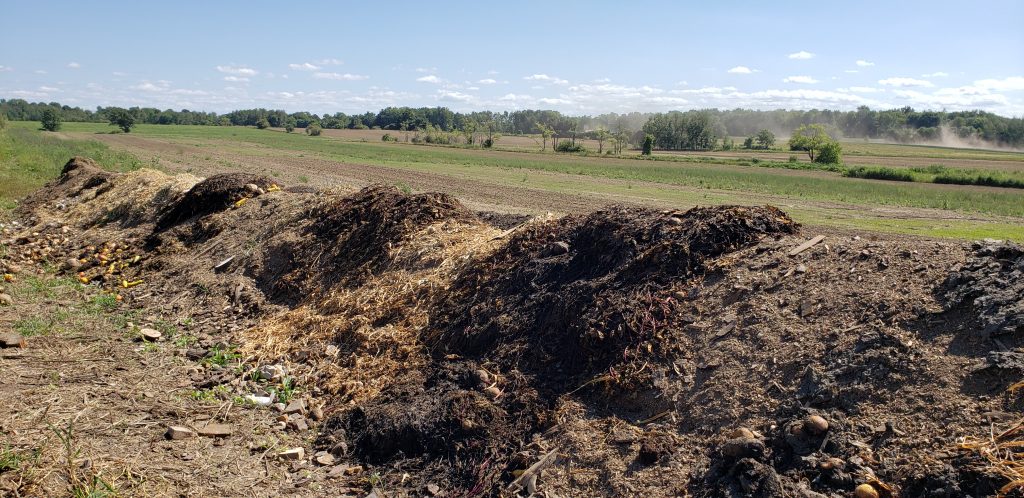
Our production and warehouse areas are inspected as well. In these areas, they look at our packaging, and particularly our lot number tracing system.
Following this, it’s time to dive into the records. This is where the amount of work that goes into maintaining these records becomes apparent! Every crop from seed to final destination has paperwork attached to it. This includes where seeds are purchased from, proof that they are organic seeds, which fields they went into, when they were harvested, any issues with the harvest, lot numbers assigned upon harvest, and where the boxes went when they left our facilities. That’s a lot of record-keeping – and that’s just for our home-grown crops!

In addition to what we grow ourselves, we also have a network of other local growers that we buy in bulk from and pack under our brand. Each shipment has to be traced back to each grower’s organic certificate, lot numbers each load was packed under, and where it went after it was sold.
We also support other growers by buying and distributing their produce in their own brand. We do this for local growers and we also run an import program, which allows us to fill in the gaps when something is either out of season or not available locally. This way our selection is as complete as we can get it. It also keeps our local farm business going year-round. Everything that passes through our facility must be certified organic – and we must provide the records to prove it! Examination of these records is also part of our yearly inspection.
Pro Cert is not only very thorough with their inspections and requirements, they are also a helpful resource for us if we have any questions. There are always new ideas and we like to try new things, and we are glad to be able to consult with them if there are any questions or doubts before implementing some of these ideas into practice. They also share their ideas for solutions or improvements, and their guidance is very much appreciated.
Organic Tips for Pest Management (Weeds & Insects)
Pests are universal to farming. What does an organic farmer do to manage unwanted weeds and insects efficiently while staying true to their values? Creativity is key, and so is looking to nature for solutions.
In nature, everything has a role to play and an ecosystem is harmonious when everything is in balance. If even one element is out of whack, everything else is affected until an equilibrium is restored.
We believe that healthy soil is key. When the soil is healthy, plants are better able to resist disease and the food produced is more nutrient dense and flavourful. Tiny organisms do their work at a microscopic level, delivering nutrients, retaining and filtering water, even playing a key role in the carbon cycle. There is still so much we don’t know about soil – new discoveries are being made all the time!
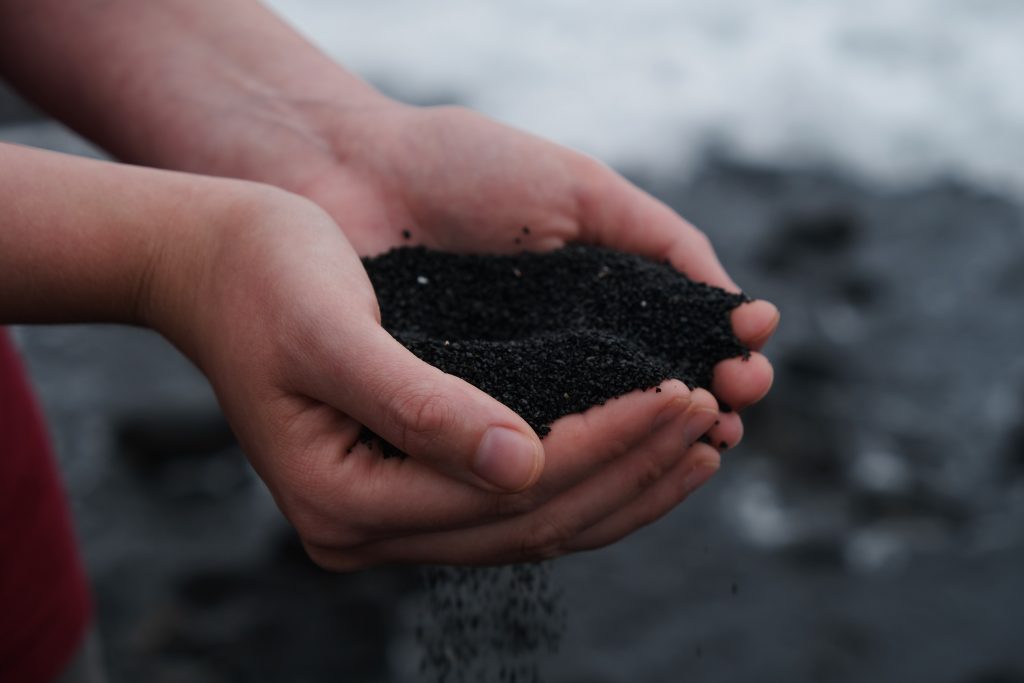
Insects:
As well as in our soil, we encourage biodiversity in the surrounding landscape as much as possible. If we leave the hedgerows and forest to themselves, they provide habitat for predators that eat the insects we don’t want eating our crops. When birds and predatory insects make our farm their home, we all win!
When things are badly out of balance, sometimes we need to resort to other measures. Under the Organic Standards, there is a small list of permitted substances we can use under very specific conditions. These are a last resort, and all other alternatives must be considered first. No synthetic chemicals are permitted under the standards. All of the approved substances break down harmlessly and do not persist in the environment. Each one is evaluated in terms of necessity, origin and mode of production, and impact. You can read more about that here.
At home, healthy soil rich with organic matter and a healthy predator/prey balance among your insect population will serve you very well! Netting and covers can work very well in gardens, though they become impractical and costly on a larger scale. (These covers can also help in cases when extra shade is needed.) Companion planting can also be helpful, as well as attractive. This can work two ways – plant something alongside your main crop to provide habitat for insects that will prey on your specific pests; or plant something to be sacrificed that your pests will like better than your crop. (However, the second option doesn’t work out well in the long term. For the first season it works great, but when the next season comes you have a well-fed group of pests that have reproduced well and will need to spread out.) Another option is a kaolin clay solution to apply to fruits like apples, peaches and grapes – it acts as a physical barrier so pests cannot get at them and washes harmlessly and cleanly away. And the list goes on…
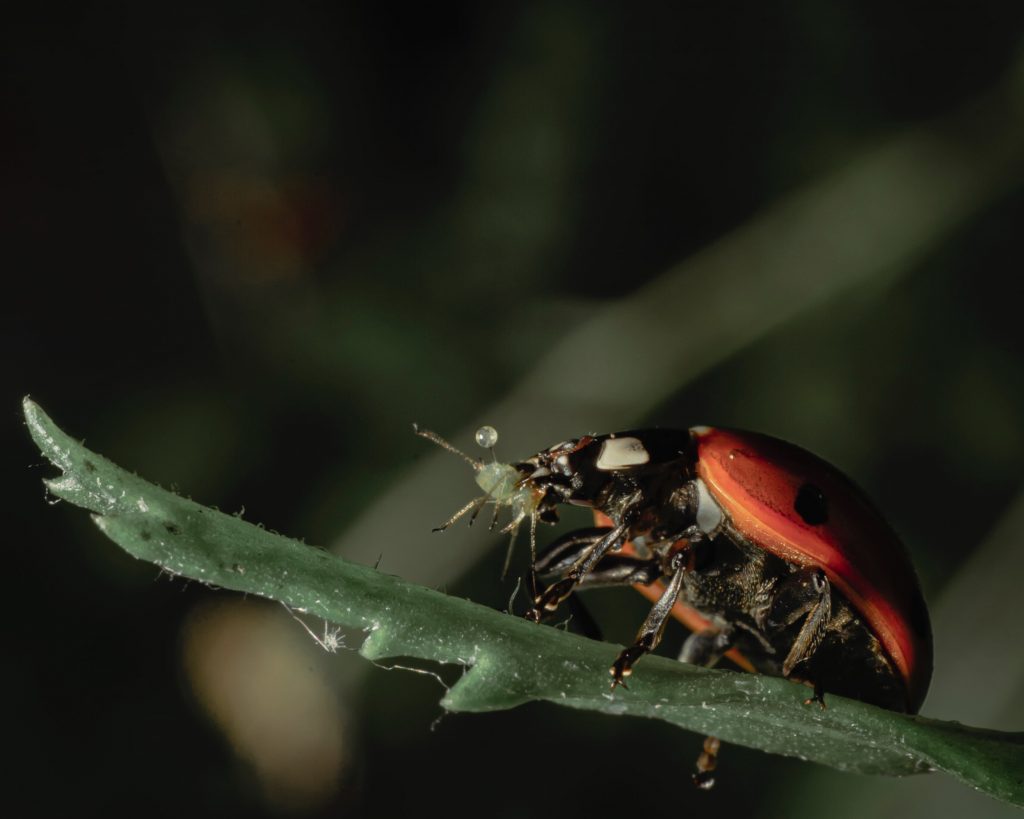
Weeds:
When the weather is good the crops grow well – and so do the weeds! This is a universal frustration that every farmer and gardener can relate to over space and time.
Weeds are at their most damaging to a newly planted crop. We devote most of our attention to keeping the weeds clear of tiny seeds and seedlings. If the weeds are allowed to dominate in these early stages, they will severely stunt the growth of our crops as the weeds take all the space and nutrients for themselves. When a plant is well established in the later stages of growth, it is harder for weeds to take hold then. It does no harm to co-exist with a few weeds at that point.
Manual hoeing is old-fashioned but effective. The keen eye of a person who knows their plants is key when tiny sprouts emerge from the earth! This is also best for weeds that are growing very close to the crops. For weeds growing in between rows, we can be more efficient with machinery like harrows or scufflers. We also do flame weeding sometimes!
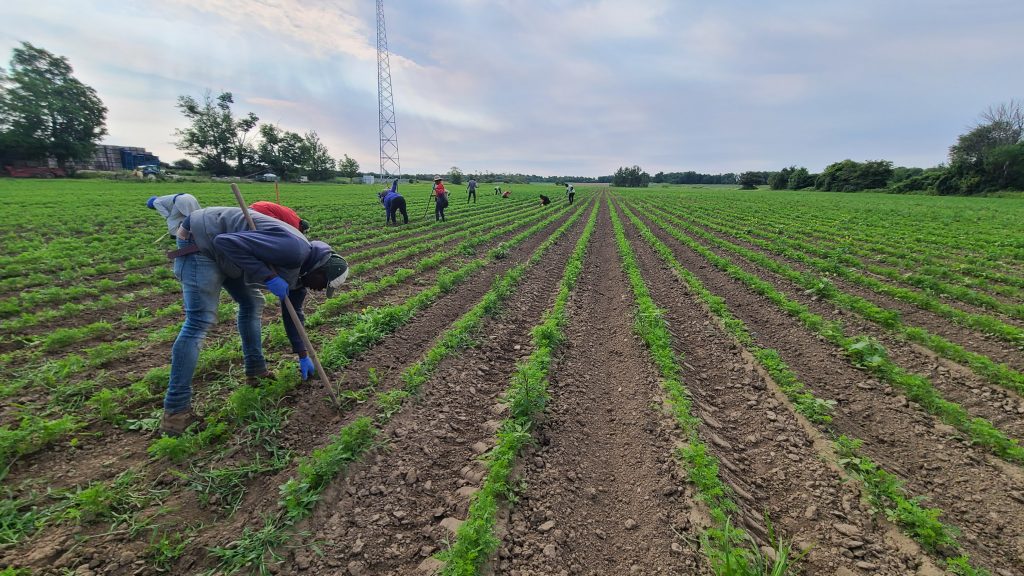
Final Thoughts
When we look back over the last 40 years of growing organically in Canada, it is humbling to compare where we started to where we are now. We are proud that throughout all of the changes in the industry and marketplace, as well as on our farm, we have approached each challenge while keeping our core values intact. As the next generation takes their place, we are confident that those same values will guide them; and we are excited to see what the next 40 years will bring!


